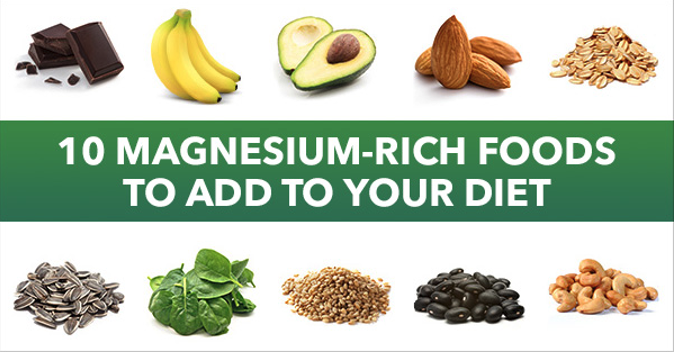Food As Medicine: Consider the Broccoli Stalk
When your parents told you to eat your broccoli, they were looking out for your best interests. We now know that broccoli has several disease-fighting benefits that can optimize many aspects of your health. Some of this pharmaceutical importance includes its antimicrobial, antioxidant, anticancer, immunomodulator, antidiabetic, hepatoprotective, and cardioprotective roles. We will dive into science a bit, but you will leave this article wanting to crunch on more of this important vegetable. Broccoli, which originated in Italy, is a cruciferous vegetable or brassica, like cabbage, Brussels sprouts, kale, and cauliflower. Its edible parts include the stem, leaves, and the flowers or head of the stalk. Nutritional Benefits Broccoli is an excellent source of vitamins C, K and A, It also provides important minerals like potassium, calcium and iron when consumed. Vitamins...







